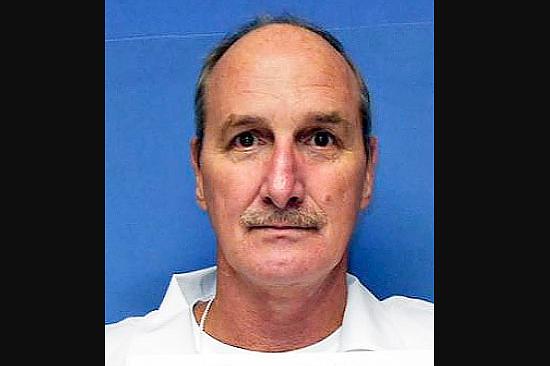FAYETTEVILLE -- A judge Wednesday delayed a hearing for a Fayetteville man convicted of rape in 1990.
Lonnie Dolphus Strawhacker, 66, was accused in 1989 of raping and beating a woman in Fayetteville.
The hearing set for Wednesday before Circuit Judge Mark Lindsay was moved to Oct. 11 at the request of defense attorneys to allow them more time to meet with Strawhacker in person. The case has been continued repeatedly and was delayed more than a year by the covid-19 pandemic.
The attack happened on a dark night, and the woman was unable to visually identify her attacker because of the darkness and injuries to her face. She identified Strawhacker by his voice during a police line-up.
Michael Malone, who was a microscopic hair analyst with the FBI, testified a hair from the crime scene matched Strawhacker's. The prosecutor emphasized Malone's testimony in his final remarks to jurors during Strawhacker's trial.
Testimony from Malone and others has since been discredited, and the discipline of comparing microscopic characteristics of hair without analyzing DNA has been relegated to "junk science," Jeff Rosenzweig, an attorney representing Strawhacker, argued in his brief to the Arkansas Supreme Court.
A National Academy of Sciences report in 2009 found fault in the analysis methods used in convictions such as Strawhacker's.
The U.S. Department of Justice began reviewing cases where such testimony was offered after DNA analysis was used to reverse convictions in several high-profile cases. Federal officials in 2015 said 26 of their 28 experts, including Malone, gave "erroneous" testimony.
A divided Arkansas Supreme Court ruled in October 2016 that Strawhacker is entitled to a hearing in Washington County Circuit Court to determine if the reputed expert's testimony was material and if Strawhacker is entitled to legal relief to prevent a miscarriage of justice.
Evidence is material if there's a reasonable probability that, had the evidence been disclosed to the defense, the outcome would have been different, according to the opinion.
Justices conceded the legal move, known as a petition for writ of error corum nobis, is an extraordinary remedy, but said this case was unique.
Strawhacker is housed at the Arkansas Department of Correction unit in Grady. Arkansas Attorney General Leslie Rutledge's office has expressed confidence enough other evidence exists to uphold his conviction.
More News
Writ of coram nobis
An order by an appeals court to a lower court to consider facts not in the trial record that might have changed the outcome of the case if known at the time of trial. Coram nobis is Latin for the “error before us.”
Source: uslegal.com

